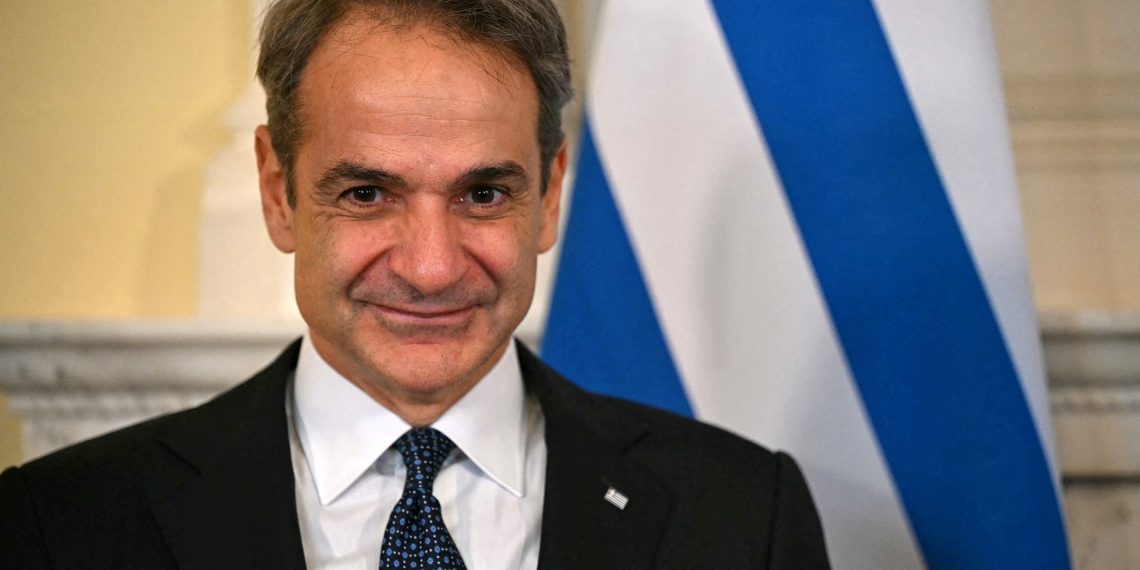As Prime Minister Keir Starmer’s government rings in 2025, the ambitious plan to reset Britain’s strained relationship with the European Union is proving more complicated than expected. Starmer’s promises to mend fences with Brussels are bogged down by a mix of internal political resistance and external diplomatic challenges.
With disputes over visas, fisheries, and oversight by the European Court of Justice (ECJ), Starmer’s “reset” effort is beginning to look more like damage control.
Brussels on the Horizon: Meetings Planned to Salvage Talks
To keep the dialogue alive, Starmer and his Brexit team have ramped up their engagement with EU officials. A high-profile EU-U.K. summit, set for the first half of 2025, aims to address the frictions that have derailed progress.
Ahead of this summit, Starmer plans to meet EU leaders regularly, with Brexit Minister Nick Thomas-Symonds scheduled to meet EU counterpart Maroš Šefčovič every two weeks. A separate security-focused meeting in February could serve as an opportunity to agree on defense cooperation, seen as the most promising area for alignment.
“We see strong potential to move forward with the U.K. on a defense agreement,” said a senior EU official. However, thornier issues like fisheries and youth mobility remain unresolved, clouding prospects for a broader breakthrough.
Youth Mobility: A Political Hot Potato
One key sticking point is the EU’s demand for a youth mobility scheme, which would make it easier for young people to obtain temporary visas for work and study across the Channel. While the proposal polls well among voters, Starmer’s government fears it could be perceived as backtracking on Brexit’s promise to curb migration.
“I’ve been clear from the get-go that freedom of movement is a red line for us,” Starmer told a Brexit-supporting publication, adding that while discussions were ongoing, the government had “no plans” to implement such a scheme.
This cautious approach has irked both Euroskeptics and EU officials. Euroskeptic newspapers have branded Starmer’s civil service task force as a “surrender squad,” while the European Parliament warned that London’s hesitancy risks turning the reset into “a reset in name only.”
Fisheries and Court Oversight: Further Roadblocks
EU leaders have also made clear that extended fishing rights for European fleets will be a prerequisite for progress. Meanwhile, Starmer’s election pledge to negotiate a better deal for agricultural produce is complicated by EU demands for ECJ oversight, a major red line for Brexit supporters.
Even Starmer’s push for touring artists’ visa-free travel across Europe is proving difficult to square with his government’s firm stance against freedom of movement.
Internal and External Pressures
Back home, Starmer faces relentless criticism from Conservative leader Kemi Badenoch, who accused him of “planning to give away our hard-won Brexit freedoms.” Meanwhile, in Brussels, EU officials are losing patience with what they see as London’s indecision.
Compounding matters, Starmer’s key ally, German Chancellor Olaf Scholz, is expected to step down soon, potentially leaving Britain without a sympathetic partner in Europe’s leadership.
The Path Ahead: High Stakes and Tight Timelines
With an EU-U.K. summit looming, the stakes for Starmer are high. Significant progress is expected by then, though the exact date and format of the meeting remain fluid.
For now, Starmer faces a delicate balancing act: delivering tangible outcomes in his reset strategy without alienating either EU negotiators or the Brexit-supporting public. Whether he can thread this needle remains to be seen, but the clock is ticking on his vision of a stronger U.K.-EU relationship.









